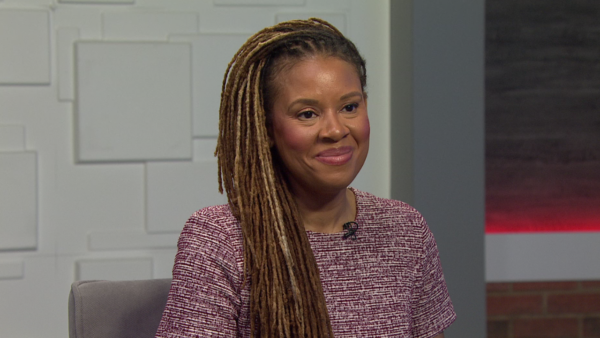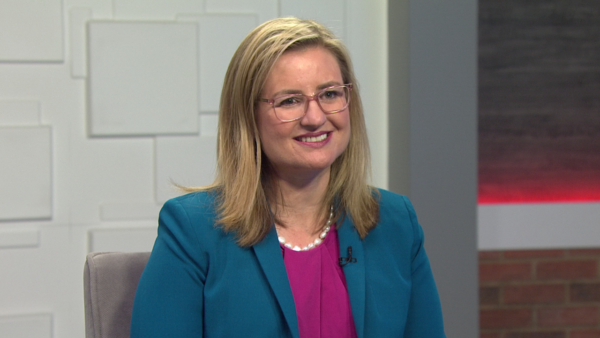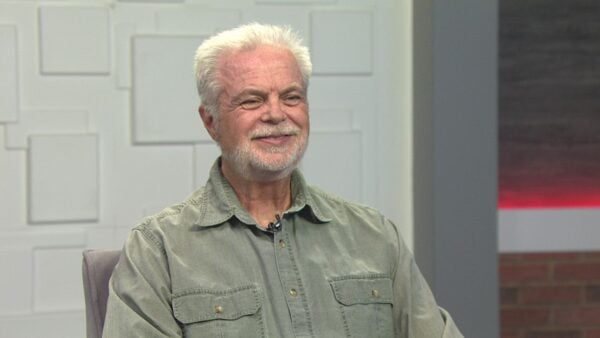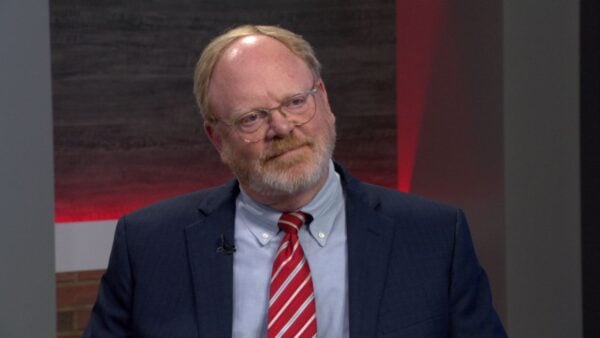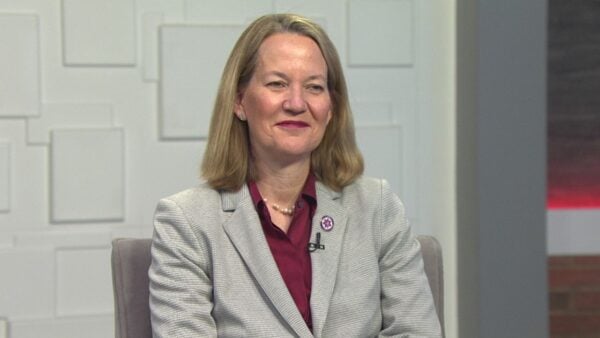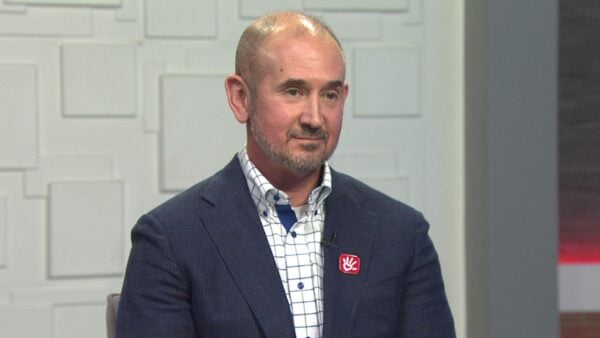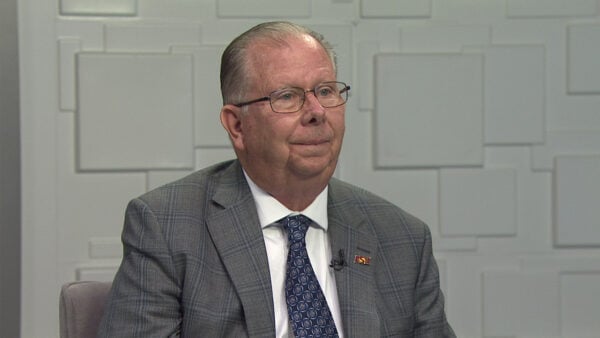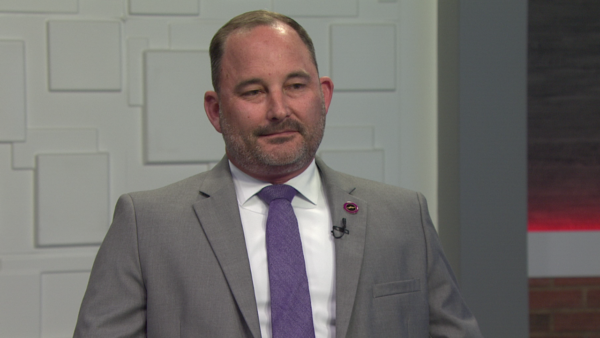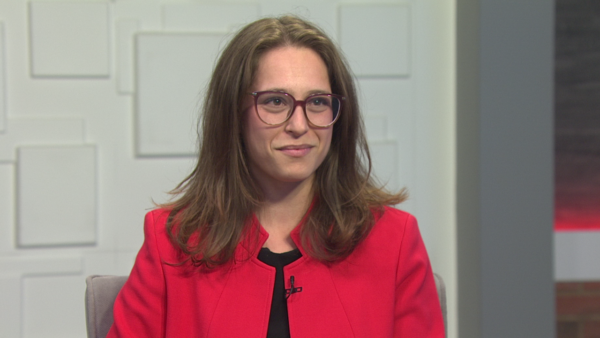United States and Russia exclude Ukraine in negotiation talks
Feb. 19, 2025
The United States and Russia agreed on four principles following talks that lasted more than four hours in Saudi Arabia, U.S. Secretary of State Marco Rubio said Tuesday, including appointing a high-level team to help “negotiate and work through the end of the conflict in Ukraine” in a way that’s “acceptable to all the parties engaged.”
Ukrainian President Volodymyr Zelenskyy, who was not invited to the talks, said Ukraine will not “give in to Russia’s ultimatums,” and he also said earlier he would refuse to sign any agreement negotiated without Kyiv’s involvement.
Daniel Rothenberg, Professor at the ASU Center on the Future of War, discussed the current situation between Ukraine and the U.S. on “Arizona Horizon.”
“President Trump’s reference to the terrible casualties that have been suffered on both sides, that’s certainly something positive for the world. Let’s see this conflict move to some sort of negotiated conclusion,” Rothenberg said.
The future plans between Ukraine and the U.S. are highly uncertain, however Rothenberg talked about potential actions based on the history of wars and the relationship between Ukraine and the U.S. Currently, Ukraine is not fully on board with the future plans between the U.S. and Russia.
“There’s little chance Ukrainians will accept some kind of deal that doesn’t involve respect for their sovereignty,” Rothenberg said.
He said the Russian invasion of Ukraine has unified Europe with Finland, and Sweden’s inclusion in NATO amplified support for military expenditures from European allies and strengthened their cover of defense.
“If all of these pressures are put onto Europe and stress the long-standing U.S. European alliance, that could produce all kinds of changes,” Rothenberg said.






